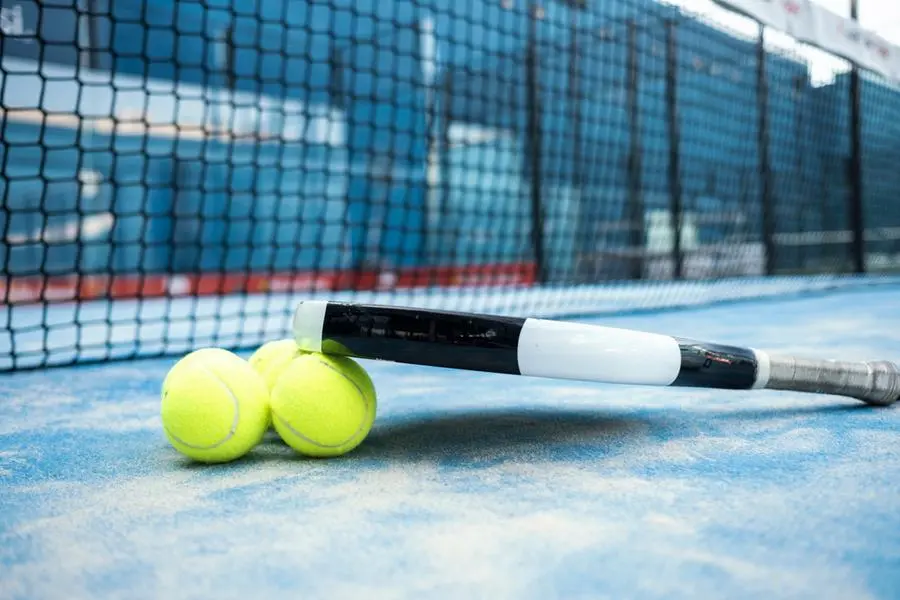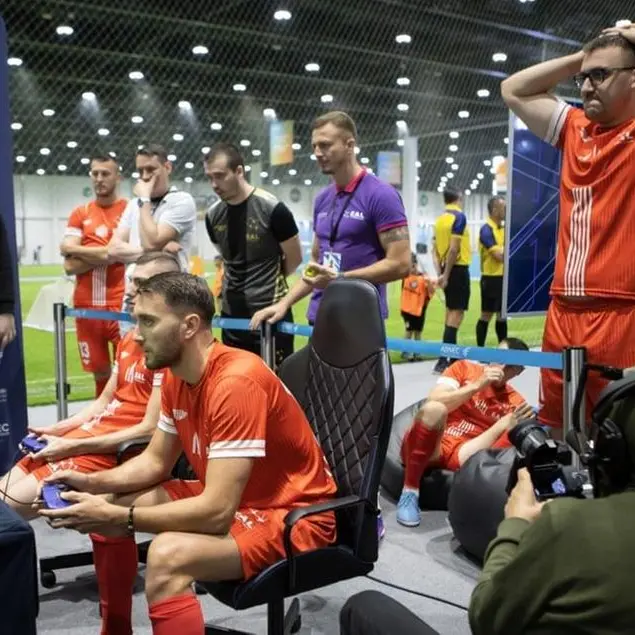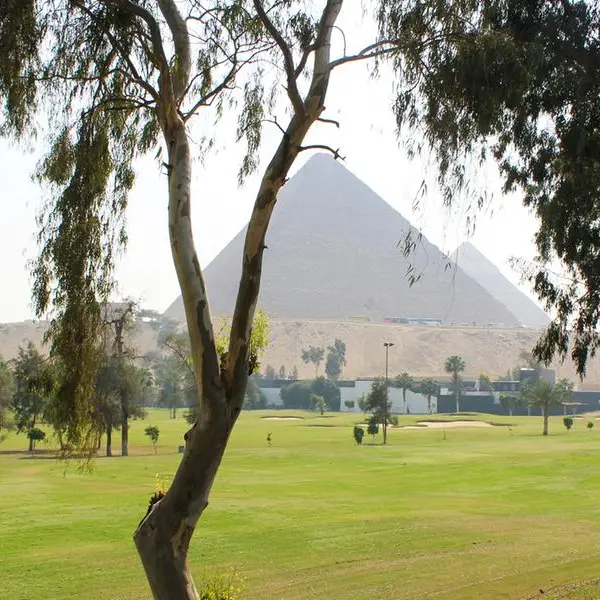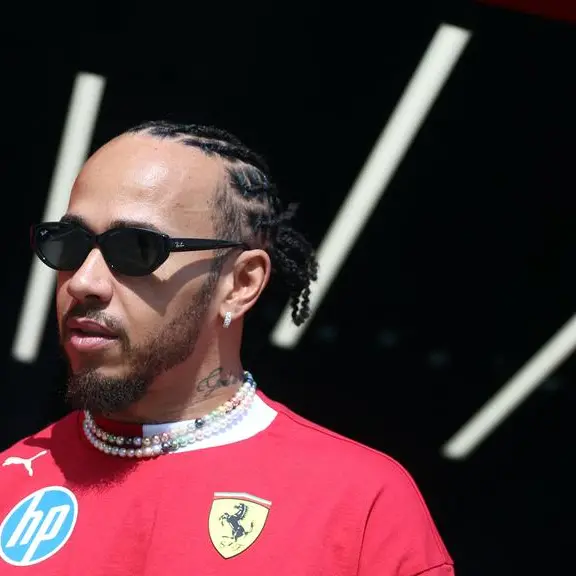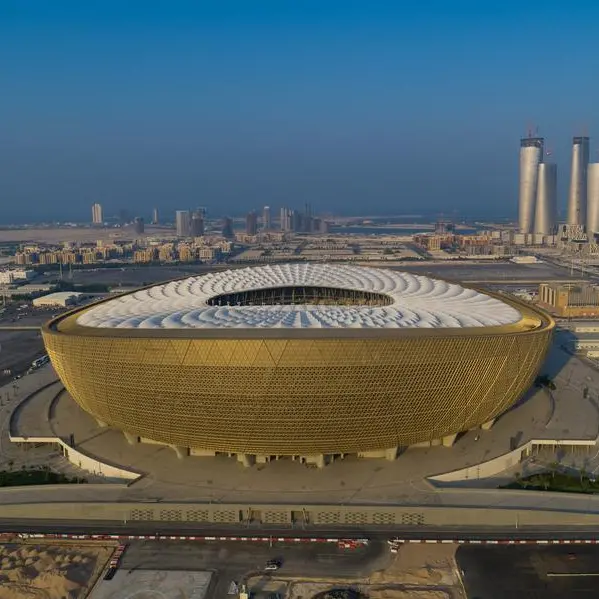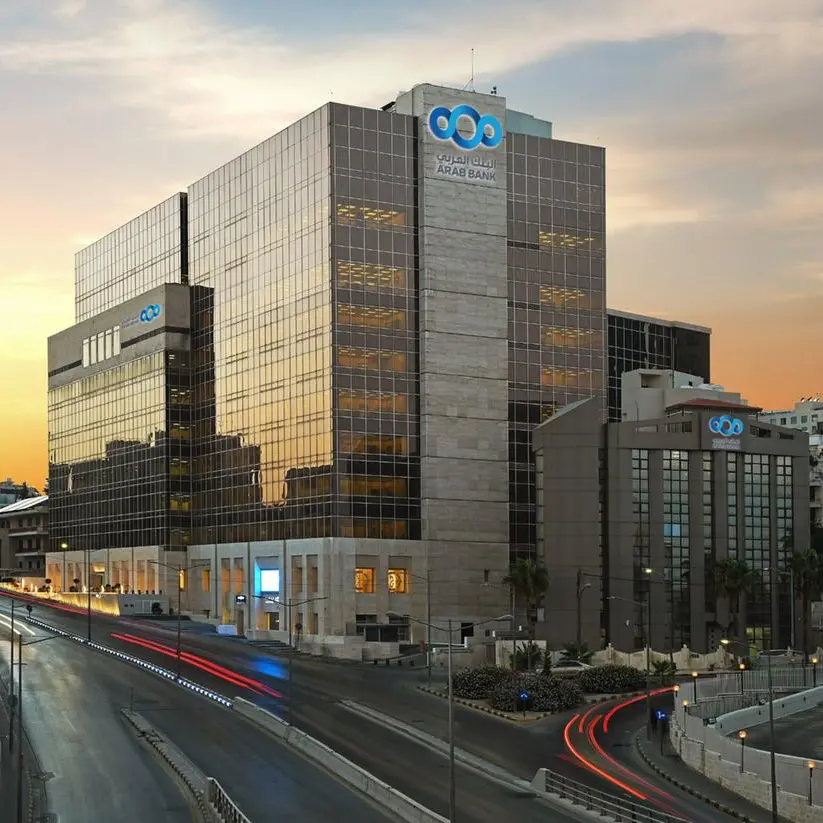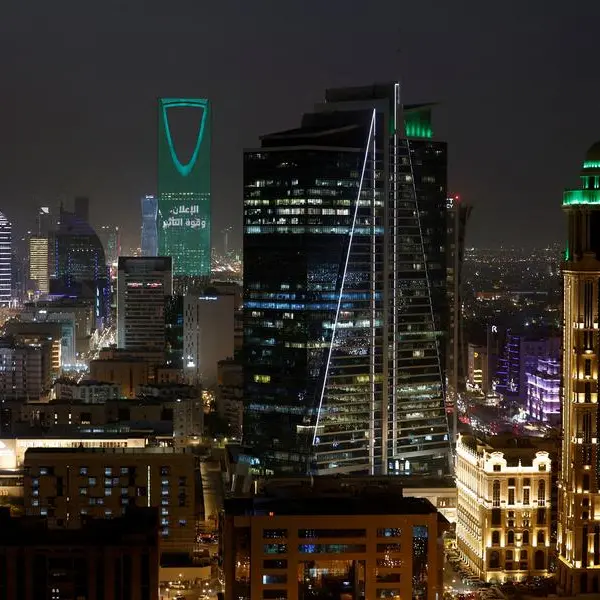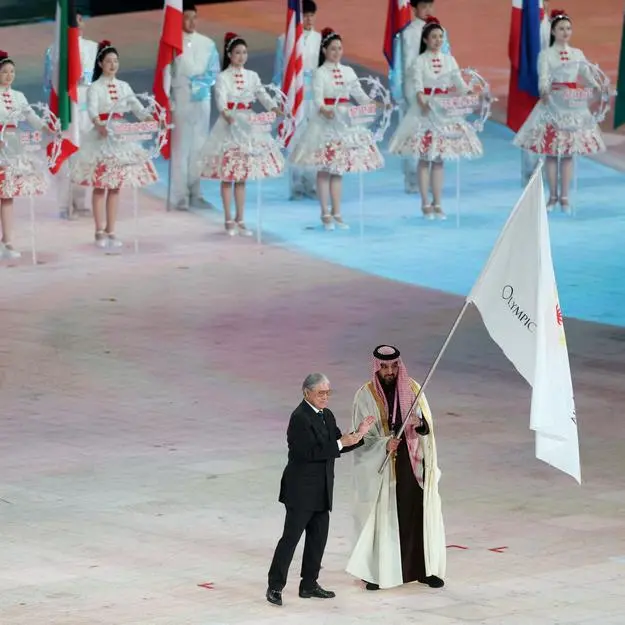PHOTO
There were no spectators to greet their shots with a thunderous applause. The ball humming off the racquet strings of Andy Murray and Abedallah Shelbayh at the practice session rang around the near-empty Dubai Tennis Stadium where volunteers were minutely examining every seat, quietly picking up trash to get the majestic arena ready for the ATP 500 Dubai Duty Free Tennis Championships.
The two players having a hit on the centre court were not just on two sides of the net, they also stood on the opposite ends of the tennis spectrum. Murray, 36, a decorated veteran with three Grand Slam titles and two Olympic gold medals, is now pushing the limits of his surgically repaired hips in a bid to survive lung-busting battles on the court in what could be the final year of his two-decade-long career. Twenty-year-old Shelbayh, on the other hand, was just a toddler when Murray, his practice partner in that Dubai afternoon, turned pro in 2005.
Shelbayh’s rise to the upper echelons of tennis is remarkable, and the gravitas of his story lies in his roots. Born to Palestinian parents in Jordan, the youngster is showing a rare spark, emerging on the world stage as a new icon from the Arabic-speaking West Asian region. Only a handful of world-class Arab tennis players, including the Tunisian trailblazer Ons Jabeur, have put the region on the world map.
The Asian half of the Arab world has never been a fertile ground for elite tennis players. It’s against this backdrop that Shelbayh’s story has taken root with the Jordanian even earning a wildcard for the 2023 Next Generation ATP Finals — a prestigious tournament for the world’s highest-ranked ATP players who are aged 21 or under.
Shelbayh, who was also offered a wildcard for the premier Dubai tournament, now hopes to bring about a change in the region with his racquet.
“It means a lot, it’s not easy as tennis is not big in the region that I come from. It’s just very nice to see any player from any sport emerge from the Arab world, so I am happy with the way I have been performing lately and that just shows how far I have come and I want to keep going,” he said.
The man who first got Shelbayh going is named Roger Federer. Shelbayh was only five when he saw a tennis match for the first time on television. It was a Federer match, and little Shelbayh was so mesmerised by the Swiss wizard that he tried to play like him on the court with his dad, who was also his first coach.
But then a dramatic turn of events changed his life forever and the man responsible for that change is none other than Rafael Nadal, Federer’s greatest on-court rival.
“Roger was the first player I watched, and I started playing right-handed, then I saw this guy playing left-handed, I didn’t know who he was. He turned out to be Rafael Nadal,” Shelbayh recalled.
“So I began playing left-handed. I have tried to imitate him since then. I try to have my own game, but yeah, his game has a big influence on me.”
Switching to left-hand was not the only change Shelbayh made during his time as an aspiring player in age-group tennis events. To enhance his game, Shelbayh also needed to get out of his comfort zone and start travelling abroad when he was only eight.
“The level in Jordan was not so good, so my father felt that I should travel abroad for tournaments. He told me that that’s the only way you improve in tennis,” he said.
“So I started travelling to Egypt, mostly in Egypt because they have many age-group tournaments; they have many good players.”
But the moment that changed his life completely arrived when his game impressed Lara Faisal, a member of the Jordanian Royal Family and a passionate sports supporter in Jordan.
Faisal felt she had unearthed a player with great potential when she saw him play for the first time and soon the Jordanian Royal moved heaven and earth to send Shelbayh into his dreamland — The Rafa Nadal Tennis Academy in Mallorca, Spain.
“She organises tennis tournaments in Jordan. She spoke to my family after she saw me play. She started talking to my family all the time because she wanted to support me,” Shelbayh said.
“She spoke to my family and said, ‘I should just leave Jordan and go to Mallorca’. She also met the Rafael Nadal team in Doha. Then Toni (Nadal’s uncle and legendary coach) came to Jordan for the event that she organises; they had more talks together and I went to visit their academy in Spain. I visited a few other academies as well, but we found that the Rafa Academy has the best programme that balances tennis and school. That was important for me especially the age I was at.”
Shelbayh says his family could never thank Lara enough for everything she has done for him to be player he is today.
“She is the only person other than my family that never wanted anything back. It’s hard to find people like that. I was very lucky to have her by my side,” he said.
Lara was also by his side, along with his team of trainers, when he was practising with Murray on the Dubai centre court.
“She basically loves the sport, so she travels with me whenever she can. She tries her best to kind of protect me. You know tennis is business as well, so it’s kind of easy to get lost,” he said.
“So she always tries to protect me. I don’t know if I can find someone like her. As I said, she never wanted anything back, she just always wanted me to do well. She is now a part of my family. She would always be a part of my team and my family.”
What is also an integral part of Shelbayh’s existence is his Palestinian roots and his empathy for the people going through one of the worst humanitarian crises in the country of his origin.
“I was born in Jordan, but I am Palestinian-Jordanian. My parents, they are both from Palestine,” he said.
“It’s not easy, we try to put a smile on faces, I try to do my best in tennis to just show people where I come from. I think it’s very important for people to know that. Yes, I am Jordanian, but I am Palestinian too.
“It’s very important for me that people know what is happening right now is sad. Kids are suffering for reasons they don’t know. It’s not easy, I just hope for the war to stop because it’s very sad.”
Being a Palestinian-Jordanian, Shelbayh hopes he can continue to bring some joy to his people by following in the footsteps of On Jabeur, the first Arab player in history to reach Grand Slam finals.
“She has been very inspiring; she has represented her country and the region in the best way possible,” he said.
“I never think of me being there under a spotlight, But, of course, if I can help inspire people in a way, I would be very happy. I just want to see people motivated, and have many more athletes from the Arab world do well globally.”
Shelbayh, whose big goal now is to break into the world’s top 50 in ATP rankings, finally revealed how every parent can support a child if there is an athlete in their kid.
“My family is a good example. They have never put pressure on me — that’s the biggest part. Some parents put pressure on their kids unintentionally because they want them to do well, but my parents always gave me that space and support,” he said.
“My family also supported me financially from a very young age. I am not one of those kids who were supported by the Federation; that also kind of made it hard because my dad paid for everything.
“I was lucky that they believed in me, and supported me in my ambition. And, now to come this far and play the best tournaments in the world, it’s very special for me and my family.”
Copyright © 2022 Khaleej Times. All Rights Reserved. Provided by SyndiGate Media Inc. (Syndigate.info).
